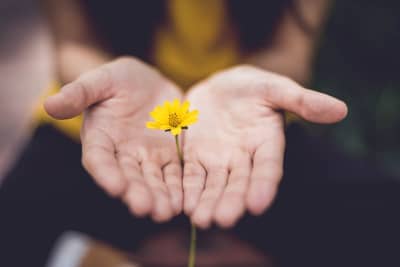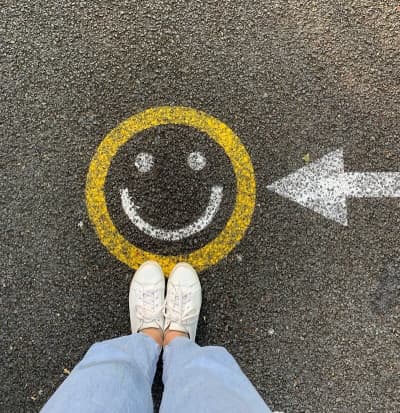In my 20's, depression had the ability to knock me off my feet and put me in bed for weeks at a time. I've come some distance since then. Therapy, medication, self-help, knowledge that comes from experience, and just the confidence that comes with the whole, I've-been-here-before-I-know-it-will-pass sapience. It all helps. A lot.
One of the things I fret a lot about when faced with a low these days (which, as you may know from previous posts, I have been in just recently) is that folk won't understand how, if I'm functioning - more or less - I can be poorly.(Oh I know, I know. I need to quit this need to have implicit understanding from fellow humans. I'm working at it. Promise.)
The depressed individual can feel like a shadowy ghost of their real self. They may feel too raw and sensitive to be with more than one person at a time. And the smallest of happenings may trigger teary-eyed despair. Even if they are managing to function they are still climbing a vertical mountain face.
That all said, a soul accompanied by sadness can laugh at a joke, feel gratitude, get out of the house and, although perhaps in a much more limited way, give. They may even find it possible to stick to a normal routine.
Yes, 'broken crayons can still colour' (I don't know who said that, but I love it).
Another enormous paranoia of mine when I'm depressed is that people might think me an attention seeker.
The thing is, when very low, I don't just wish I could erase my name from the earth, I long for all memory of my name to be erased. I want to possess that cloak from fairy tales that magically makes the wearer disappear. I want to be invisible. Attention? No - a bit of understanding maybe - but definitely not attention.
These are two (possible) mis-conceptions about mental illness that I fret about. Are there any myths (imaginary or otherwise) surrounding depression that you would like to debunk?
Suzy
A Moodscope member.



Comments
You need to be Logged In and a Moodscope Subscriber to Comment and Read Comments